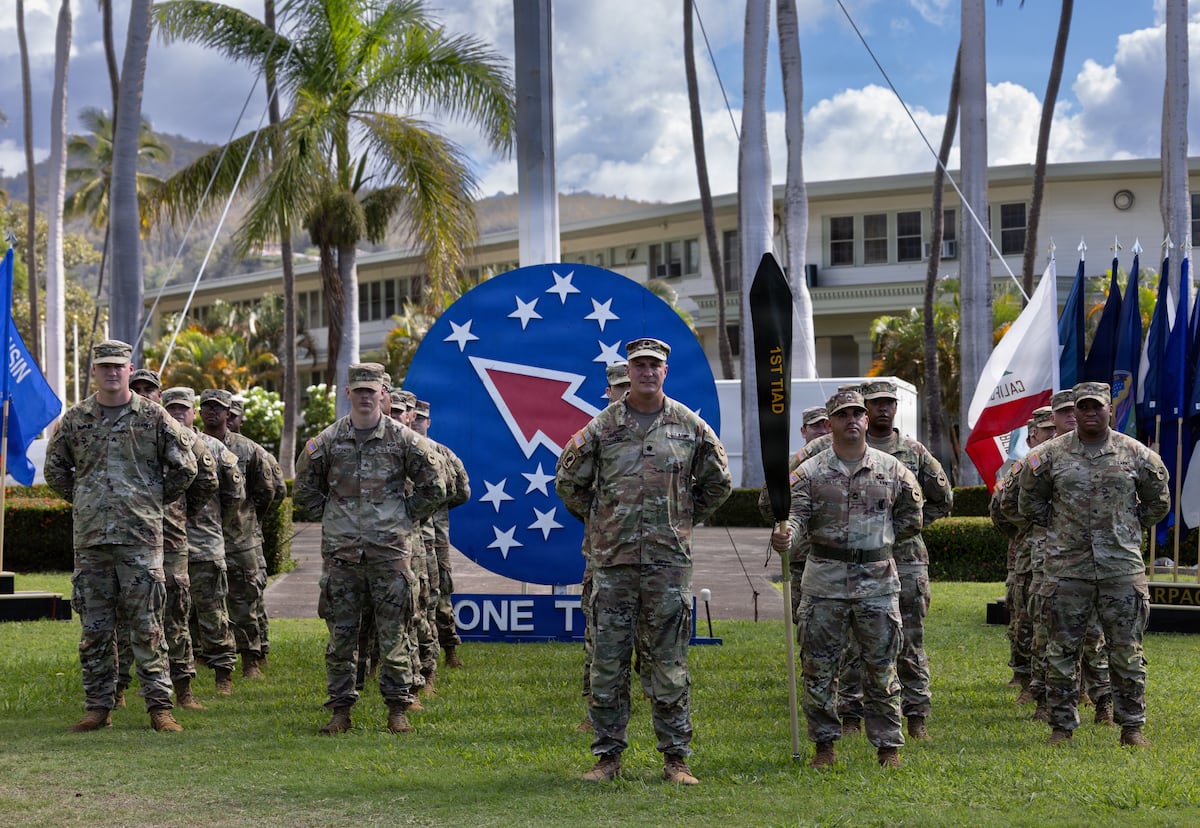The U.S. Army has launched a new unit designed to combat “malign influence” in the Indo-Pacific region, marking a significant evolution in military strategy. Officially activated on November 7, 2023, the 1st Theater Information Advantage Detachment (1st TIAD) is headquartered at Fort Shafter, Hawaii. This unit aims to integrate information operations within the conventional military framework, according to a statement from the unit’s public affairs officer.
The primary objective of the 1st TIAD is to “gain and maintain a strategic advantage through information dominance” in a region that spans 36 countries across northeast, southeast, and south Asia, as well as Oceania. The unit seeks to disrupt adversarial influences, enhance collaboration with key partners, and promote regional stability with a commitment to a “free and open Indo-Pacific,” as detailed in an Army fact sheet.
This innovative formation consists of 65 soldiers who bring together expertise from various domains, including military intelligence, psychological operations, electronic warfare, public affairs, civil affairs, information operations, and cyber operations. The unit represents a shift in how the U.S. military approaches the information landscape within the theater of operations.
Command Sgt. Maj. Avery Bennett, the senior enlisted adviser of the 1st TIAD, indicated potential future growth for the unit but declined to elaborate on specific numbers. “There is talk for growth,” he stated, highlighting the evolving nature of military strategy in the region.
Future Expansion of Information Operations
The 1st TIAD is the first of three Theater Information Advantage Detachments planned for activation. The second unit is expected to be established at Fort Gordon, Georgia, in the spring of 2026, followed by a third in Wiesbaden, Germany, later that year.
The establishment of this unit signals a fundamental transformation in military operations, according to national security analyst Anthony Vinci, who serves as an adjunct senior fellow at the Center for a New American Security. Vinci emphasized that the integration of information operations into conventional warfare is a noteworthy development. “It’s a signal that we’re now treating information operations as part of the conventional fight,” he remarked, noting that such operations will be conducted on a larger scale.
While the specific missions of the 1st TIAD remain to be clarified, Vinci suggests that this type of unit could effectively counteract information campaigns from adversarial nations. He noted the potential for such campaigns to undermine local support for U.S. initiatives and possibly shift allegiances towards countries like China.
In a rapidly evolving geopolitical landscape, the activation of the 1st TIAD underscores the U.S. military’s commitment to adapting its strategies to meet contemporary challenges. This new unit may play a crucial role in shaping the narrative and influence within the Indo-Pacific region, ultimately contributing to a balanced approach in international relations.







